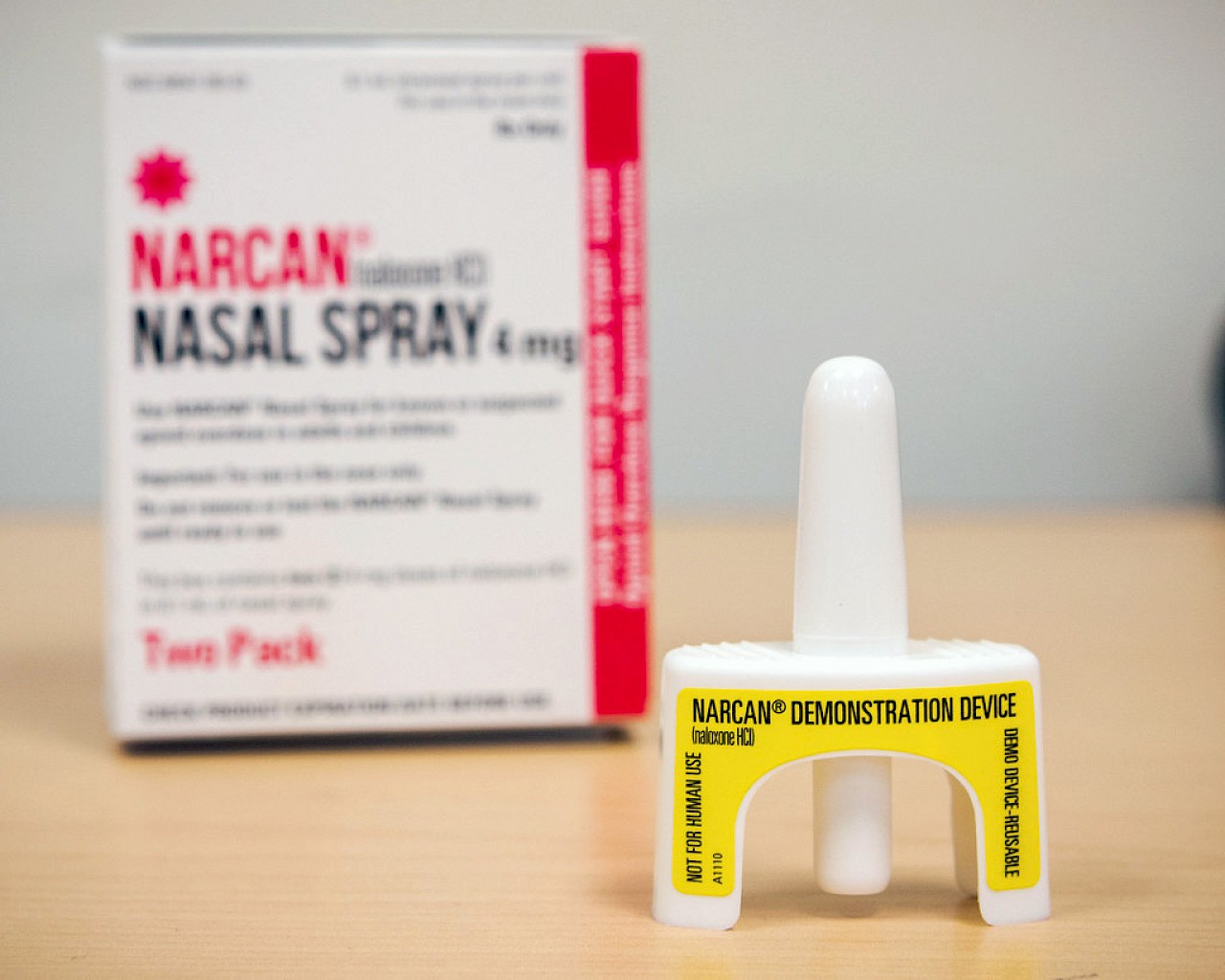September 2019
When people hear about someone dying of a heroin or opioid overdose, the response is sometimes dismissive, as though drug users don’t deserve our compassion. I’m here to argue they deserve our compassion and more—our willingness to give them a dose of Narcan to reverse the overdose so they can get another shot at life.
People who suffer from substance use disorder (addiction) are often vulnerable to addiction because of their genetics, childhood trauma, peer pressure, and exposure to the drug, either medically or through experimentation. No one wakes up one day wanting to have an addiction.
Opioids are drugs derived from the opium poppy or made synthetically. Morphine, codeine, heroin, and opium can be made from the poppy. Synthetic opioids are made in the lab and are narcotic painkillers. These are drugs like oxycodone and hydrocodone, known under brand names like OxyContin, Percocet and Norco.
Another synthetic opioid is fentanyl, which is 50 to 100+ times more potent than morphine and is often added to other street drugs without the user knowing it. Fentanyl has become one of the biggest causes of overdose and death. All these drugs affect the same part of the brain.
Some people who were addicted to prescription pain pills move to heroin because it’s cheaper and easier to get. According to an article published by the National Institute on Drug Abuse (NIDA) titled, Prescription Opioid Use is a Risk Factor for Heroin Use, nearly 80 percent of heroin users reported using prescription opioids prior to heroin.
In 2019, according to NIDA, 130 people a day die from overdoses from prescription pain pills, heroin, or fentanyl. More people currently die of overdose than from car accidents. Unfortunately, Mendocino County ranks third in the state for the highest rate of opioid deaths per capita.
As a physician, I see people with substance use disorder working to recover, only to be faced with enormous judgment and prejudice by co-workers, friends and family members. Most people have no idea how difficult it is to recover from addiction. Even when drug users are able to achieve sobriety, staying sober is a challenge. Relapses are common and a single relapse can lead to accidental death.
Opioids change the drug user’s brain chemistry and make it incredibly difficult to deal with the craving and the desire to numb the pain in their lives. Doses that used to provide a high are now required simply to avoid the horrible symptoms of withdrawal. It’s hard to understand the thinking and feeling of addiction unless you’ve experienced it. Some drug users say it is 100 times worse than starving and then having your favorite food placed in front of you without being able to eat it.
People can overcome addiction—as long as they survive in the event of an overdose. I recommend that people who struggle with an opioid addiction, or know someone who does, carry Narcan nasal spray. A single use in an emergency can save their life. Narcan immediately reverses the effects of an opioid overdose.
If you find a friend or family member unresponsive (breathing but not conscious), administer the nasal spray immediately and call 911. If the person who overdosed does not respond within 2-3 minutes, administer the nasal spray again. If they weren’t overdosing after all, Narcan won’t do any harm. If they were, they will become more alert and able to breathe more normally. They will also feel the unpleasant effects of acute withdrawal, but at least they’re alive.
Narcan is available to anyone at the pharmacy window. By law, it must be prescribed to patients on certain levels of pain medication or those prescribed a tranquilizer. Narcan is also available at no cost through some local programs at Public Health and MCAVHN (newmcavhn.org).
The best local resource for information in the fight against opioid abuse is Safe Rx Mendocino (saferxmendocino.com), a coalition of concerned community members, medical professionals, educators, law enforcement, and community-based organizations dedicated to preventing and reducing opioid misuse and stigma. If you are struggling with substance use disorder, tell your medical provider. We can help or know someone who can.
Jerry Douglas, MD, is the Chief Medical Officer at MCHC Health Centers—a local, non-profit, federally qualified health center offering medical, dental and behavioral healthcare to people in Lake and Mendocino Counties.

 MyChart Login
MyChart Login

